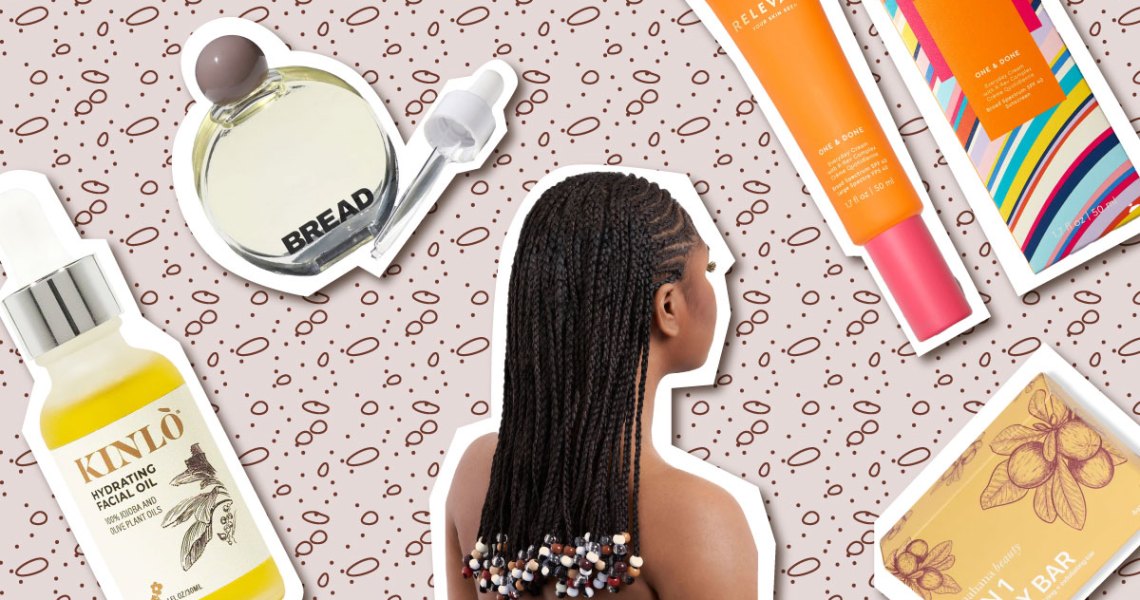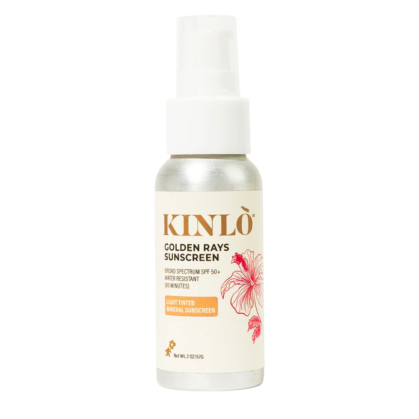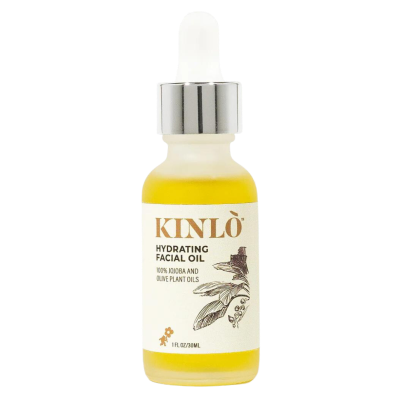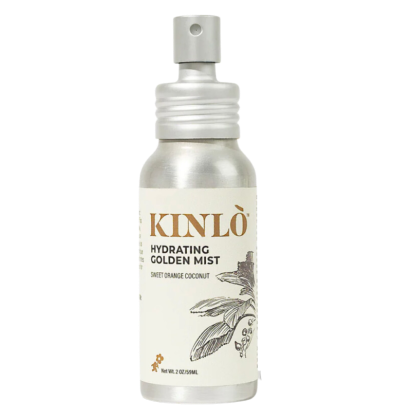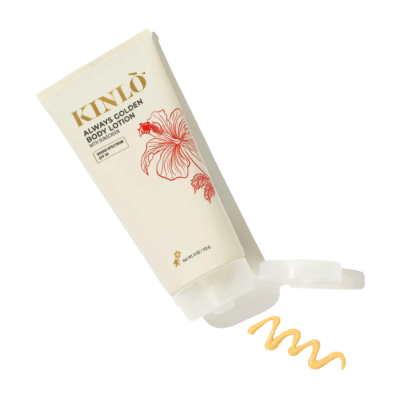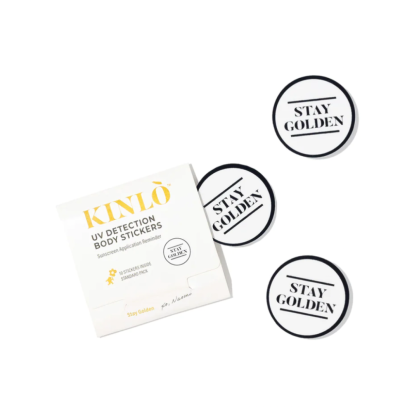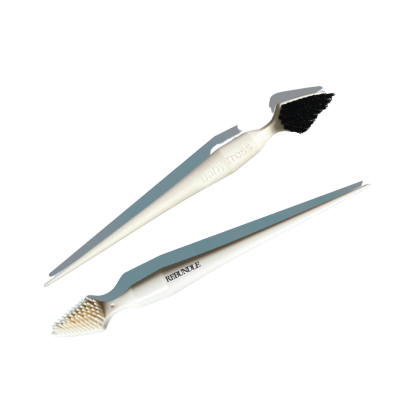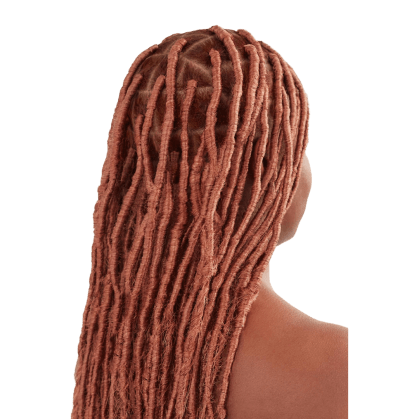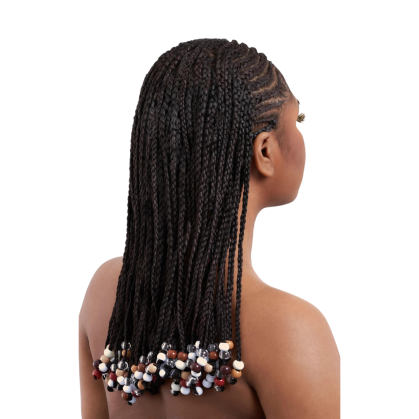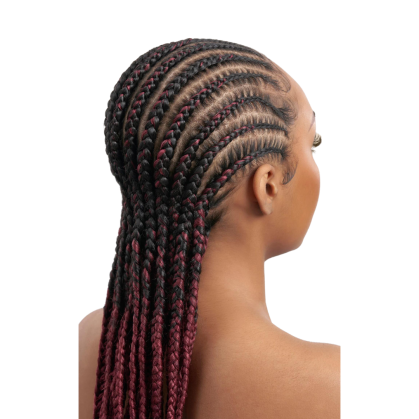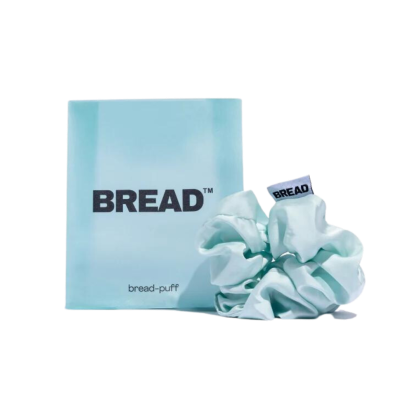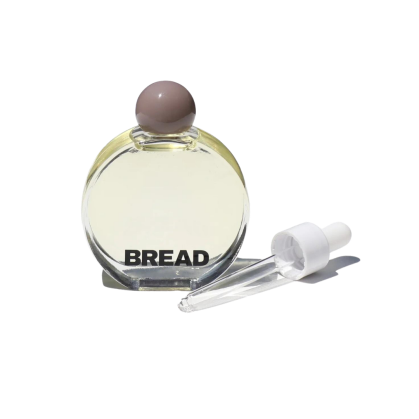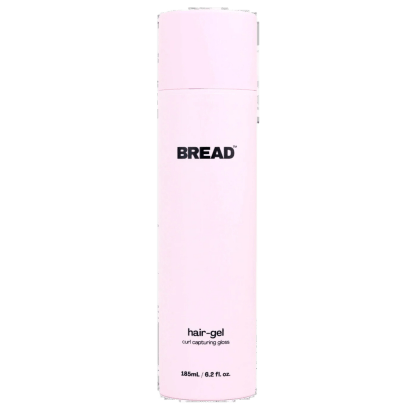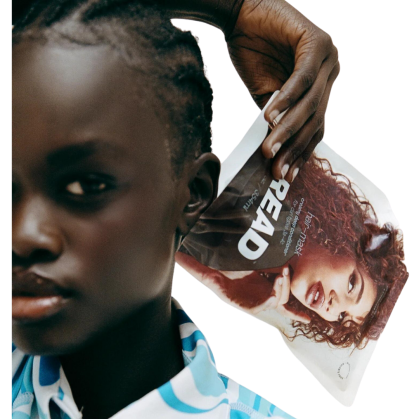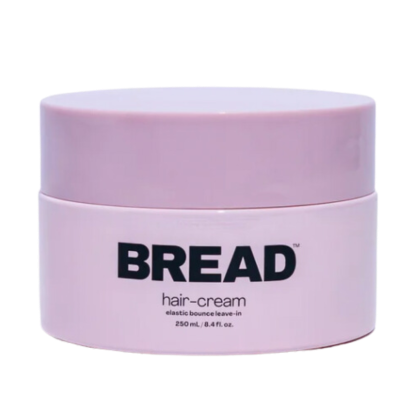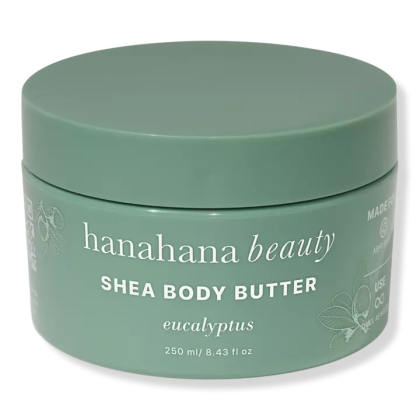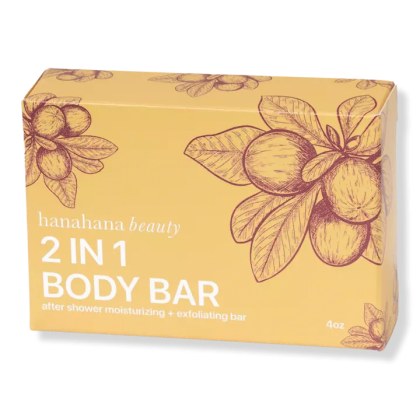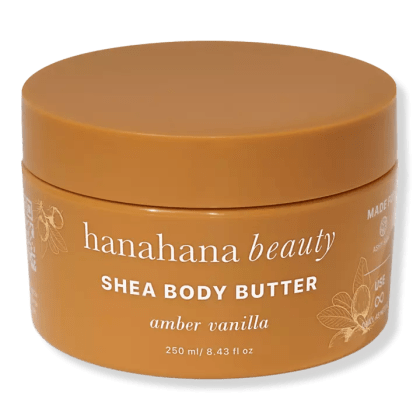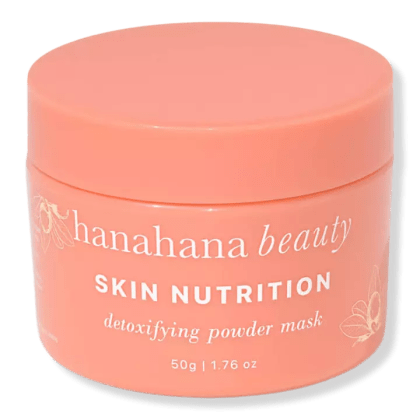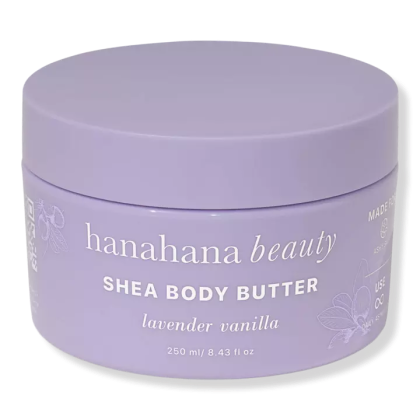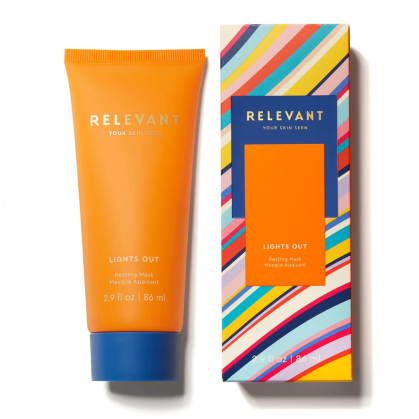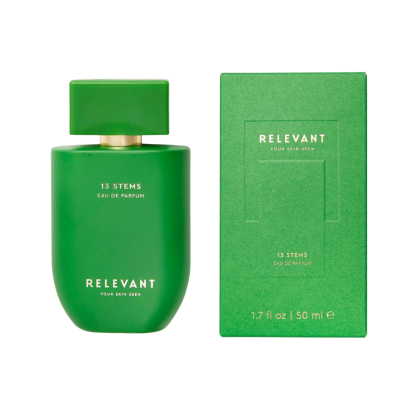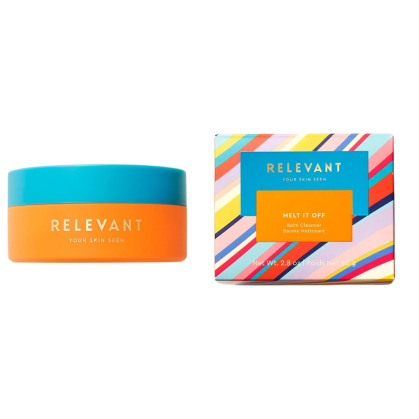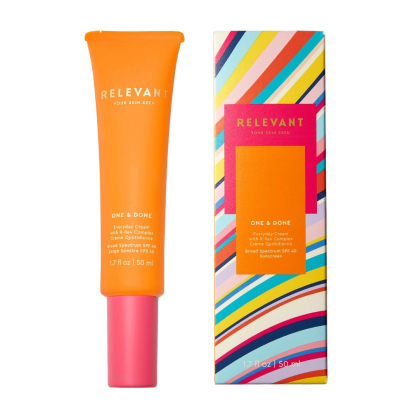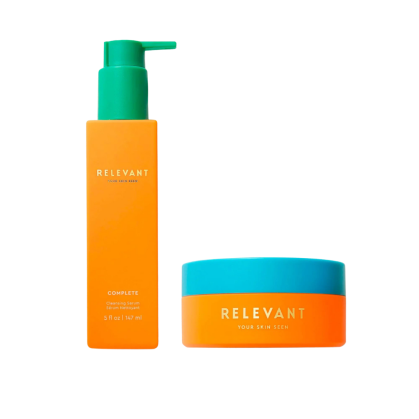All products featured on Glossy Pop Shop are independently selected by our editorial team. However, when you buy something through our retail links, we may earn an affiliate commission. Plus, sign up for Glossy Pop Shop’s all-new weekly newsletter here.
August is recognized as Black Business Month, and with the number of Black-owned businesses on the rise, it’s easier than ever to show your support through your purchasing power.
According to findings from U.S. Census Bureau released in Nov. 2022, there are an estimated 140,918 Black- or African-American-owned businesses in the U.S. Together, they have $141.1 billion in annual receipts, 1.3 million employees and about $42.2 billion in annual payroll. And Fortune reports that the rate of Black business ownership has risen by 38% compared to pre-pandemic levels. But despite the steady increase of Black-owned businesses, many of these owners still face barriers to success and longevity.
Keta Burke-Williams, founder of the on-the-rise fragrance brand Ourside, which launched in January, knows the roadblocks Black beauty founders face all too well. Ourside recently launched at Credo Beauty with three scents: Dusk, Nostalgia and Moon Dust.
“Black founders get a tiny portion of all the capital that’s allocated to startups, and Black women see an even smaller percentage of that — and that percentage shrank in the past year,” Burke-Williams told Glossy. Data from Project Diane and Crunchbase revealed that, before 2021, less than 100 Black female founders had raised $1 million or more in venture capital. And companies led by Black women receive less than 1% of all venture capital funding.
Thanks to organizations like New Voices, Fifteen Percent Pledge and BrainTrust, the difficulty of securing funding is becoming less of a hurdle for Black founders. Through accelerators and other funding opportunities, Black businesses are beginning to thrive beyond the incubation stage.
Aside from gaining access to funding, Burke-Williams said it’s important for Black beauty founders to disrupt certain “harmful” narratives in their respective categories. “Fragrance, especially, remains a very Eurocentric category, even though it has origins that span the world. As a Black founder, it’s an extra responsibility … and opportunity to expand people’s minds.” For example, it’s not widely known that many of the currently trendy mango and papaya scents have roots in the islands. Case in point: Vetiver, which is a perennial grass in the Poaceae family, is largely sourced from Haiti, she said.
Through compelling brand storytelling, Black-owned beauty founders have been able to reclaim ownership over resources and their rich history. “It feels fantastic to be a pioneer, in a sense. I’m getting to write stories that haven’t yet been written, literally and figuratively. It is central to our brand that we are bottling untold stories, through scent,” she said.
As for the future of Black beauty, Burke-Williams said she’s looking forward to the launch of more diverse Black-owned brands and the evolution of marketing to the Black consumer.
“I love that Black culture is at the forefront of so many [beauty trends], and I hope that we get better at crediting it,” she said. “I also love how the definition of the Black consumer is evolving. It used to be that we weren’t considered, then we were a monolith. Now, we’re opening the floodgates to show that Blackness comes in all shapes and forms, which is so beautiful.”
She added, “That’s where we sit at Ourside: celebrating those of us who [once] felt like outsiders, and showing that it’s our time to shine and share our stories, our voices.”
From brands focused on skin care to companies built on hair extensions, there are countless Black-owned beauty brands to support this month and beyond. Shop Glossy’s picks below.
Kinlò
As a professional tennis player, Naomi Osaka spends much of her time outside under the sun, which is why it makes sense that she founded her own sun-care brand, Kinlò. The products, which are made with natural ingredients like jojoba seed oil, hemp seed and green tea, are intended to address common melanated skin concerns related to the sun.
Rebundle
Braid extensions are a very popular hairstyle for Black women, but the hair used often causes an itchy scalp. Rebundle, founded by Ciara Imani May in 2019, aims to fix that. Its extensions are made from repurposed banana stems, which are eco-friendly, non-toxic and non-irritating.
Bread Beauty Supply
Founded in 2020 by Maeva Heim, Bread has become a staple hair-care brand for many textured-hair consumers. The simple, yet effective, products simplify the once long and drawn-out hair-care process.
Hanahana Beauty
Body care is having a moment, and Hanahana Beauty is tapping in. The clean skin-care brand’s hero product, shea body butter, comes in five scents. Founded in 2017 by Abena Boamah-Acheampong, Hanahana Beauty is showing the beauty of all skin through its inclusive products and marketing.
Relevant
Founded in 2022, skin-care brand Relevant is the lovechild of Thirteen Lune co-founder Nyakio Grieco. Though the brand initially launched with one hero product, the One & Done Everyday Cream, it has since expanded its offerings to cover a range of skin-care needs. With Relevant, founder Grieco is aiming to create a more inclusive and equitable beauty landscape.
Shop more Pop-approved products at the Glossy Pop Shop here.

